Cancer is the leading cause of death from disease in children in North America. Many children’s cancers stem from faulty regulation of genes responsible for cell division and cell death. This misregulation is often due to mutation or amplification of a single type of protein called a transcription factor, which controls the degree to which a gene is expressed, or turned on.
What is epigenetics?
The study of how external or environmental factors turn genes on and off.
What is a BET inhibitor?
An anti-cancer drug that blocks proteins important in reading DNA, which is a process important for cancer cells.
This SU2C Catalyst Team hypothesizes that one way to stop abnormal gene expression and to eradicate cancer cells may be to target BET proteins, a type of protein that plays a key role in regulating gene expression. In the laboratory, drugs that inhibit BET activity have been shown to strongly decrease the expression of cancer-promoting transcription factors in a number of high-risk childhood cancers, yet until now a clinical trial of BET inhibitors in pediatric patients has never been done.
In this clinical trial, the team is evaluating a BET inhibitor from Bristol-Myers Squibb and, in parallel, performing laboratory research to identify other drugs that, when combined with the BET inhibitor, will lead to even better anticancer activity. This team’s work will lay the foundation for new drug combinations to treat children with cancer in phase II clinical trials.












